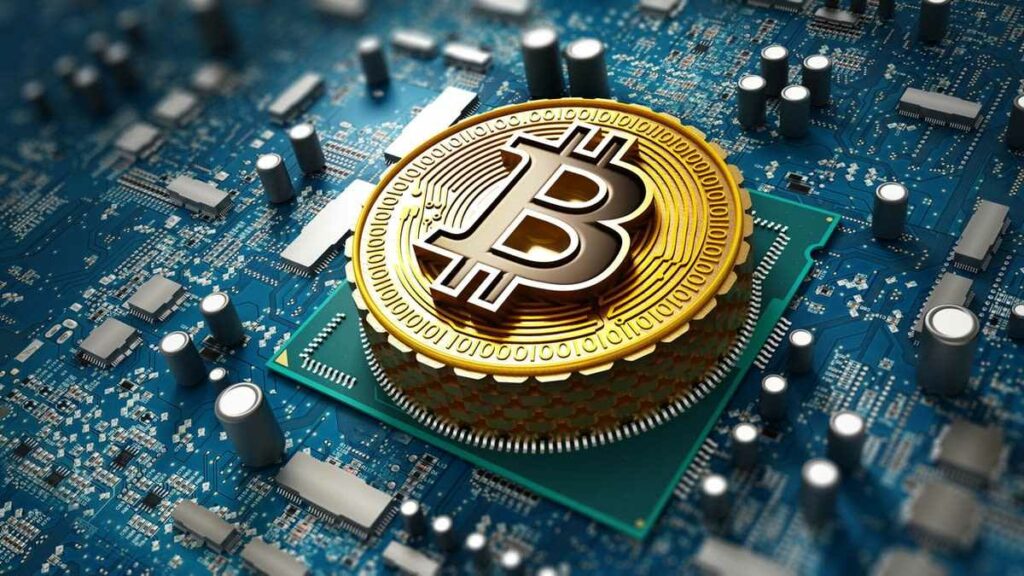Luke Dashjr, a prominent Bitcoin developer, sparked controversy by calling for the deactivation of “inscriptions” due to a vulnerability being exploited in Bitcoin Core. This vulnerability allows for spam on the blockchain by bypassing limits set for the size of additional data in transactions.
The uniqueness of this vulnerability lies in how “inscriptions” can circumvent the limits on additional data size. Since 2013, BTC Core has allowed users to set limits using the datacarriersize parameter. However, “inscriptions” manage to bypass these limits by disguising their data as program code, enabling them to inflate transaction sizes and, consequently, generate spam on the blockchain.
PSA: “Inscriptions” are exploiting a vulnerability in #Bitcoin Core to spam the blockchain. Bitcoin Core has, since 2013, allowed users to set a limit on the size of extra data in transactions they relay or mine (`-datacarriersize`). By obfuscating their data as program code,…
— Luke Dashjr (@LukeDashjr) December 6, 2023
Dashjr’s response to this vulnerability was the submission of a pull request (PR) on the GitHub repository of Bitcoin Core, proposing an update to make the datacarriersize parameter effective with the latest data-carrying styles. However, the community holds divergent opinions on this proposal.
Dashjr argues that this update is essential to address the vulnerability and has already been implemented in Bitcoin Knots v25.1, an alternative version of Bitcoin Core with community-driven development and maintenance. However, the current version of BTC Core, v26, remains vulnerable to this exploit.

Dashjr Defends the Bitcoin Core Update
The controversy intensifies with Dashjr’s assertion that if the proposed correction is implemented, ordinals and BRC-20 tokens would become non-viable on the BTC network. This perspective has sparked debates about potential impacts on miner revenues and the dynamics of private memory pools.
Correct
— Luke Dashjr (@LukeDashjr) December 6, 2023
Dashjr’s proposal reflects the inherent complexity of development and security in the Bitcoin ecosystem. As BTC seeks to enhance and strengthen its protocols, decisions regarding updates and changes can create tensions within the community. The ultimate resolution of this controversy will depend on the evaluation and acceptance by BTC Core developers and users.










